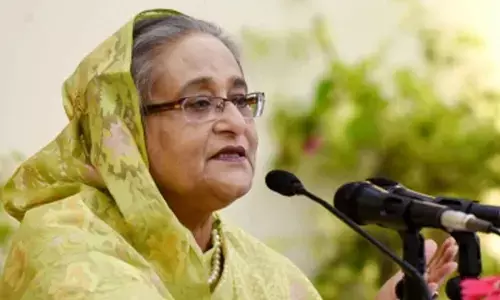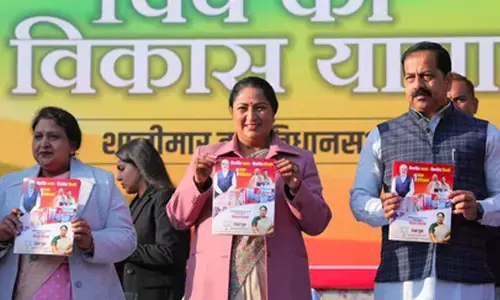The NEP is a mixed bag

The recent National Education Policy stresses the policy of education in the mother tongue. Many people say it is very helpful and point out to the developed western countries, which implement most of their education in their mother tongue.
The recent National Education Policy stresses the policy of education in the mother tongue. Many people say it is very helpful and point out to the developed western countries, which implement most of their education in their mother tongue. Well, it had been possible for them because a lot of inventions and research happened there over the centuries. If not, they got the books and knowledge translated into their mother tongue. But this is not the situation in India where we have many languages and no significant scientific books were translated into our languages.
For instance, 'The concepts of physics, by HC Verma' is a book which is followed by lakhs of students for the preparation of IIT-JEE and other Engineering Entrance Exams, is only in English and not translated into any other Indian languages. But on the other side we have Ramayana, Bhagavad-Gita and Bible in every Indian language, which shows our lack of sanity towards scientific temper and progressive thoughts.
Well, no doubt primary education in the mother tongue helps in better understanding, but how is a student going to get familiarized with typical scientific words when they go for higher studies. It is obvious that you need English skills to go out in this contemporary and competitive world. India is a multi-lingual country and English serves as a connection. English has already established its supremacy as a global language, and we are left with no choice other than to learn it for progressive development. However, there is no way this language policy is going to be implemented in private schools or so called 'corporate', 'international' schools. It is highly likely that it is only going to be implemented in government schools which ultimately ceases the development of students of marginalised communities who make a major part of government schools. This is only going to increase the barrier further between private and public schools. In today's world English is not just a language it gives the student a self-confidence and chance to feel the breeze of never-ending knowledge, which is highly unlikely in one's mother tongue. The shrinking percentage of students in the universities, who did their schooling in their mother tongue reflects the failure of primary education in mother tongue.
The other language that National Education Policy gives significant importance is 'Sanskrit'. It is baffling that why on this earth one should have to study a language that is extinct and spoken nowhere under the sun. Sanskrit also has no script and today's Sanskrit is written in "Devanagari" script, which is Hindi. The Sanskrit is taken as an optional language by many students only to score high marks.
Is it that Sanskrit is given importance because it was spoken by people of divinity or to teach the spirituality again in the name of Sanskrit. It will be highly useful for a student to learn a foreign language (like French, German, Spanish etc.) than studying a language which is extinct and no longer spoken. We should not look back when the world is moving forward in the race of development. The irony is that all leaders who speak against English have their children studying in corporate English medium schools. Why don't they join their children in government schools? Does this mean that they only want the children from marginalized and poor sections to study in local languages and backout from higher education?
It is high time to make the public education system stronger and provide equal education for all sections of society. We must know the fact that private schools are better, only because government schools are not, despite the fact government schools have highly qualified teachers than private schools. We should save the common man from the burden of paying high fees in private schools.
In the current spotlight, we can turn our eyes on the visionary decision taken by the government of Andhra Pradesh to implement to implement English medium right from primary education along with the mother tongue Telugu as one of the subjects. Finally, all this does not mean that our mother tongue is any less. It will always be a part of our daily life and culture. Wherever, whichever place may we be, we should never forget our mother, mother tongue and motherland.
Gahan Gandi, Mandi (HP)














